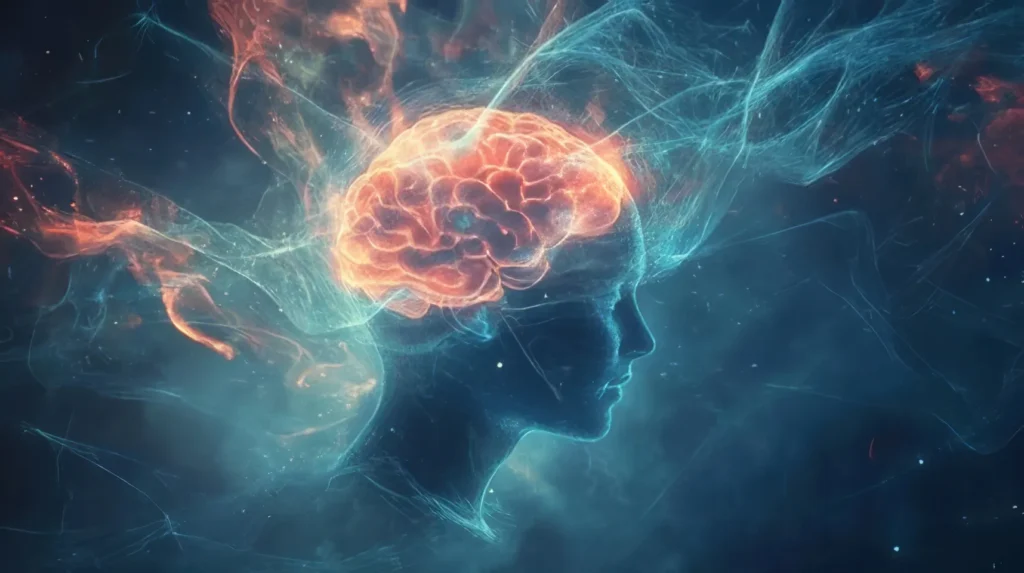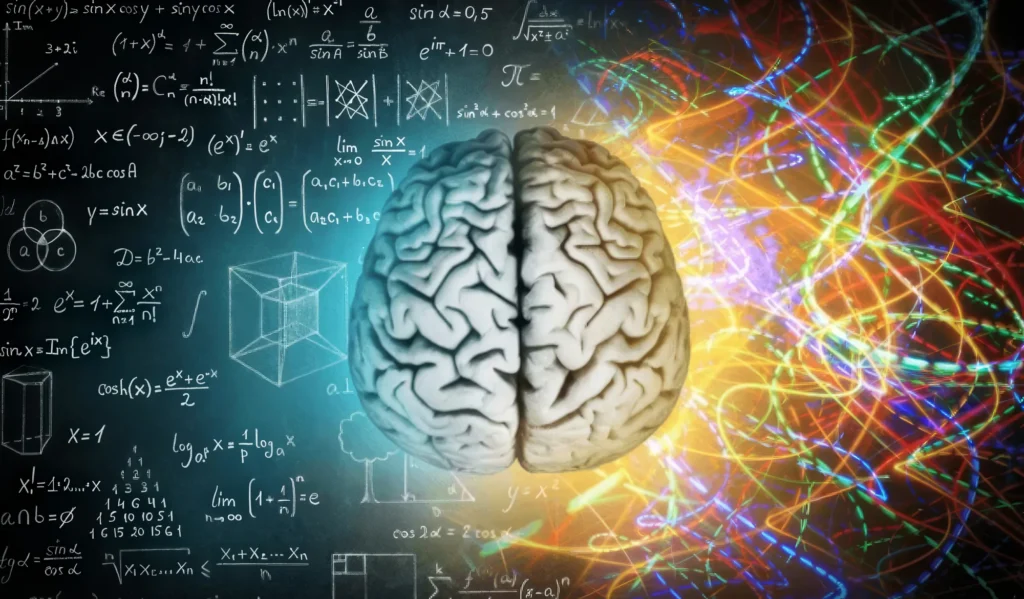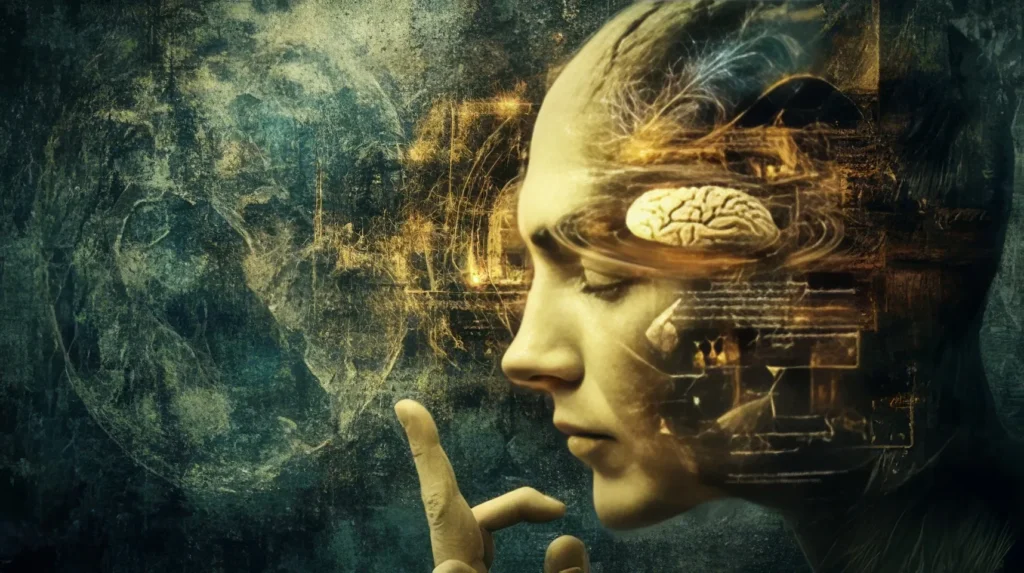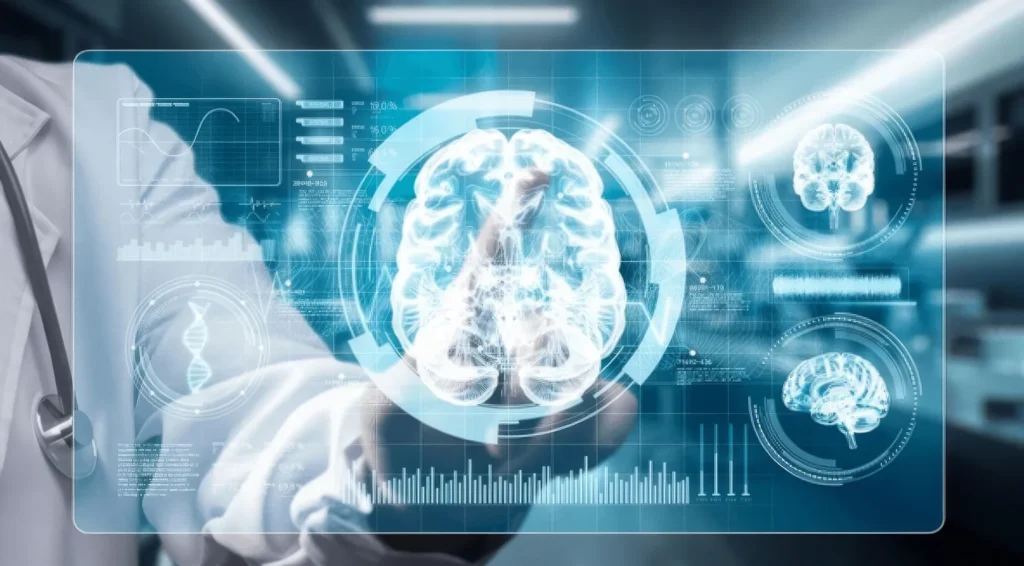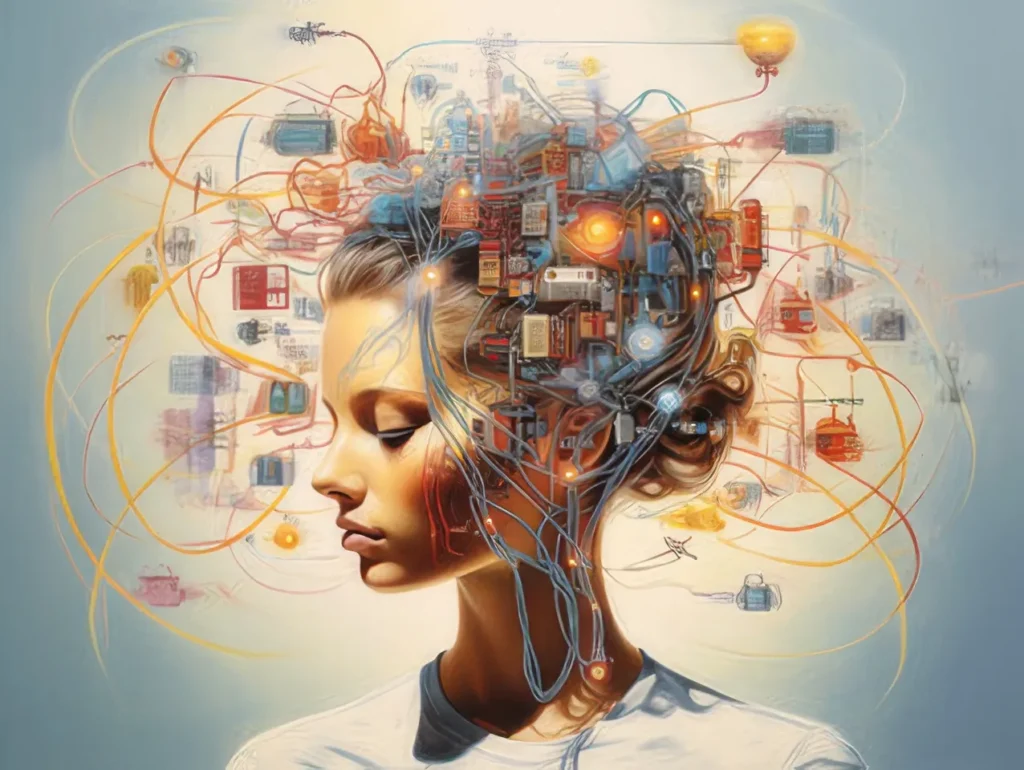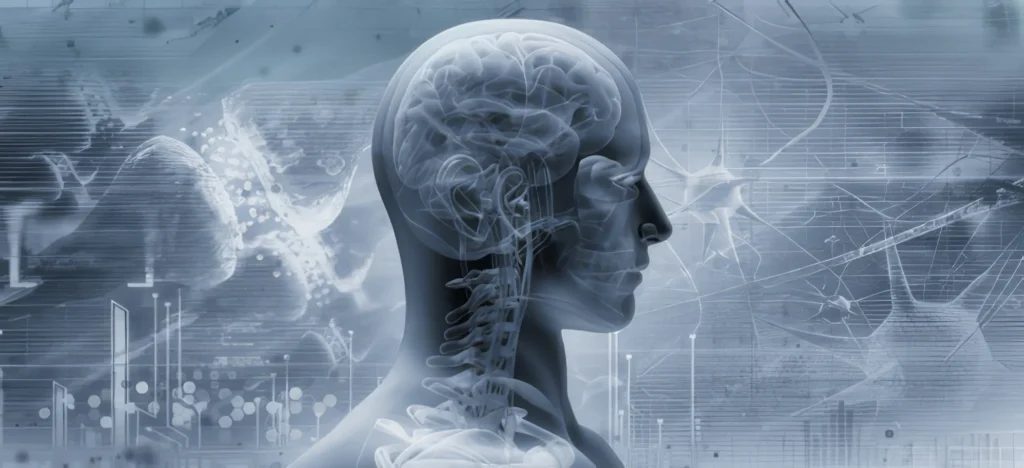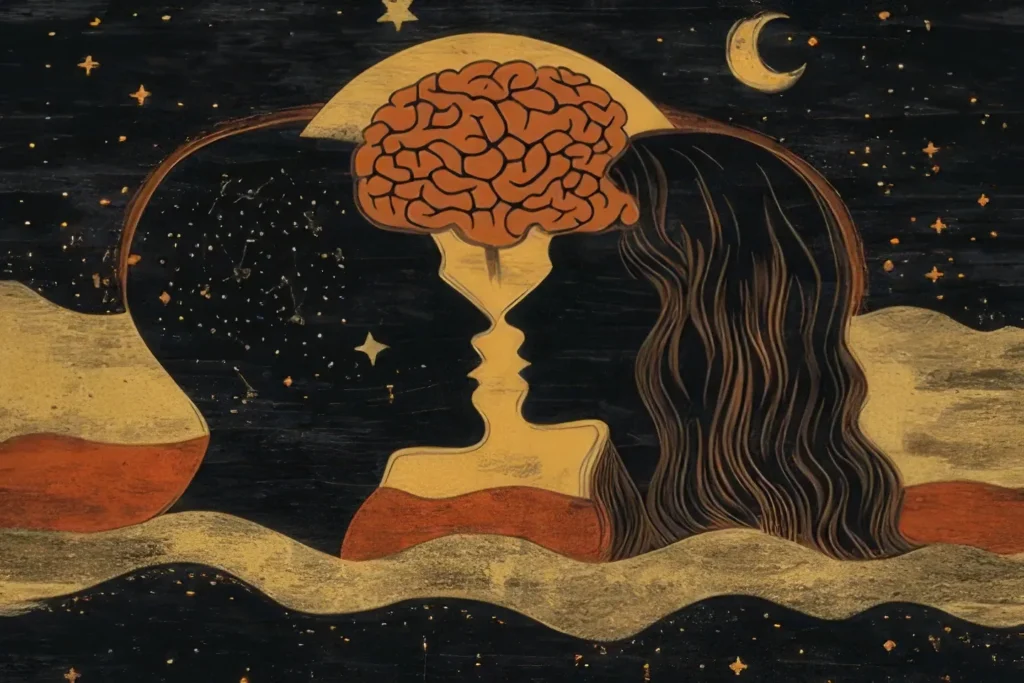Department of Cognitive Science
The Department of Cognitive Neuroscience & Consciousness Studies at the University of Ontological Science focuses on the neural and psychological foundations of human cognition and the nature of conscious experience. This department bridges cognitive neuroscience and consciousness research, offering students an in-depth understanding of how the brain processes information, generates conscious awareness, and influences perception and behavior.
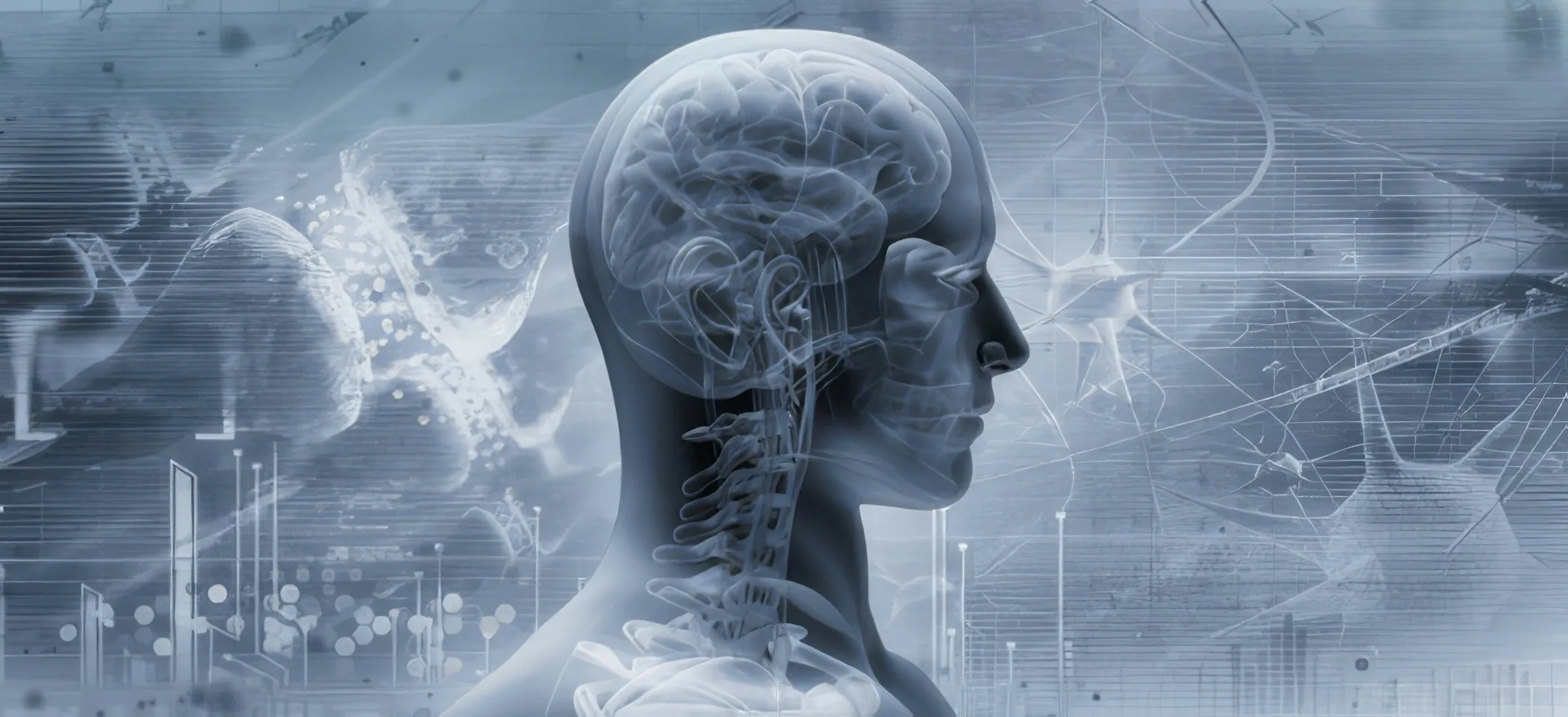
About The Department
Consciousness studies investigate the complex relationship between mind and brain, exploring states of awareness, perception, and higher-order cognition. Meanwhile, cognitive neuroscience provides insights into the biological mechanisms underlying these processes, revealing how neural systems give rise to thoughts, emotions, and sensory experiences. The department integrates these fields, creating a comprehensive academic foundation that combines theoretical frameworks with cutting-edge research in neural modeling and cognitive optimization.
The Department of Cognitive Neuroscience & Consciousness Studies draws from neuroscience, psychology, philosophy, and cognitive modeling to explore the dynamic interaction between neural processes and conscious experience. Students engage with both classical models of cognition and emerging research in altered states of consciousness, neural dynamics, and brain-computer interfaces.
Bridging Neuroscience and Consciousness Studies
A Multidisciplinary Approach to Cognitive Neuroscience & Consciousness Studies
- Neural Dynamics & Cognitive Function – Investigating how brain activity supports learning, memory, and decision-making.
- Consciousness Theory & Phenomenology – Exploring the subjective experience of consciousness and its underlying mechanisms.
• Cognitive Neuroscience of Perception & Emotion – Understanding how the brain processes sensory information and emotional states.
- Altered States of Consciousness & Neural Correlates – Examining states such as meditation, flow, and lucid dreaming from a neuroscientific perspective.
- Brain-Computer Interfaces & Neural Augmentation – Developing neural interfaces to enhance cognitive function and human performance.
- Predictive Processing & Neural Adaptation – Studying how the brain anticipates and adapts to environmental changes.
Degree Programs
Research, Innovation & Interdisciplinary Collaboration
The Department of Cognitive Neuroscience & Consciousness Studies fosters interdisciplinary research across neuroscience, psychology, cognitive modeling, and consciousness theory. Our faculty and students engage in high-impact research that advances the understanding of brain dynamics, cognitive processes, and the nature of conscious experience.
Key Research Areas Include:
• Altered States of Consciousness & Psychophysiological Studies – Examining meditative states, lucid dreaming, and flow from a neuroscientific perspective.
• Brain-Computer Interfaces & Cognitive Enhancement – Developing technologies that connect neural systems to external devices for cognitive optimization.
• Predictive Processing & Neural Adaptation – Understanding how neural systems anticipate and adapt to complex environments.
• Neural Correlates of Consciousness – Investigating how brain activity gives rise to conscious experience and self-awareness.
• Cognitive Neuroscience of Perception & Emotion – Exploring how the brain processes sensory input and emotional states.
Conclusion: Advancing Neuroscience & Consciousness Research
The Department of Cognitive Neuroscience & Consciousness Studies at the University of Ontological Science (UOS) is at the forefront of cognitive neuroscience and consciousness research, integrating classical neuroscience with emerging insights into the nature of conscious experience.
By providing advanced degree programs, interdisciplinary research opportunities, and practical applications, the department prepares the next generation of neuroscientists, consciousness researchers, and cognitive innovators to advance human understanding of the brain, cognition, and conscious awareness.

